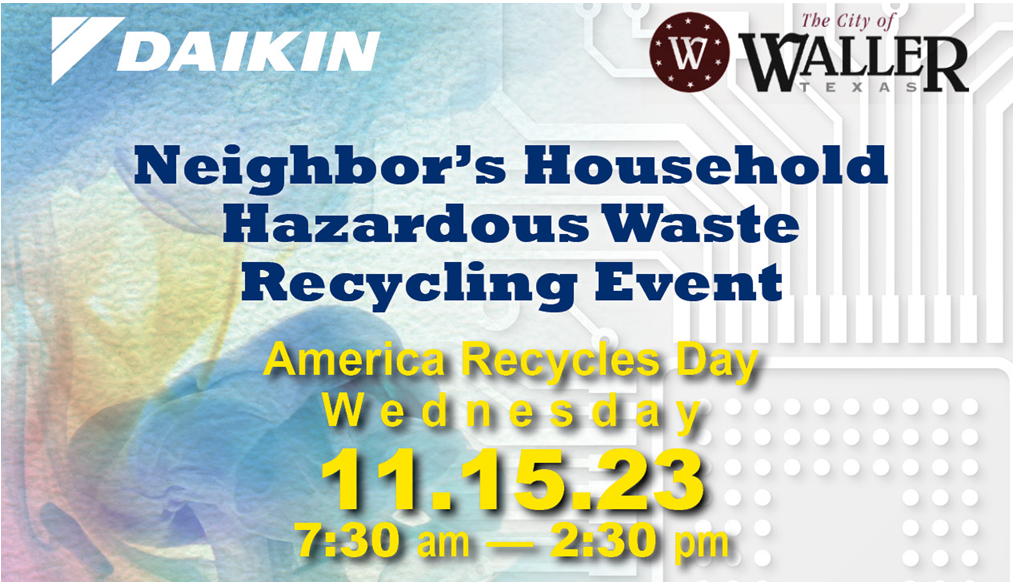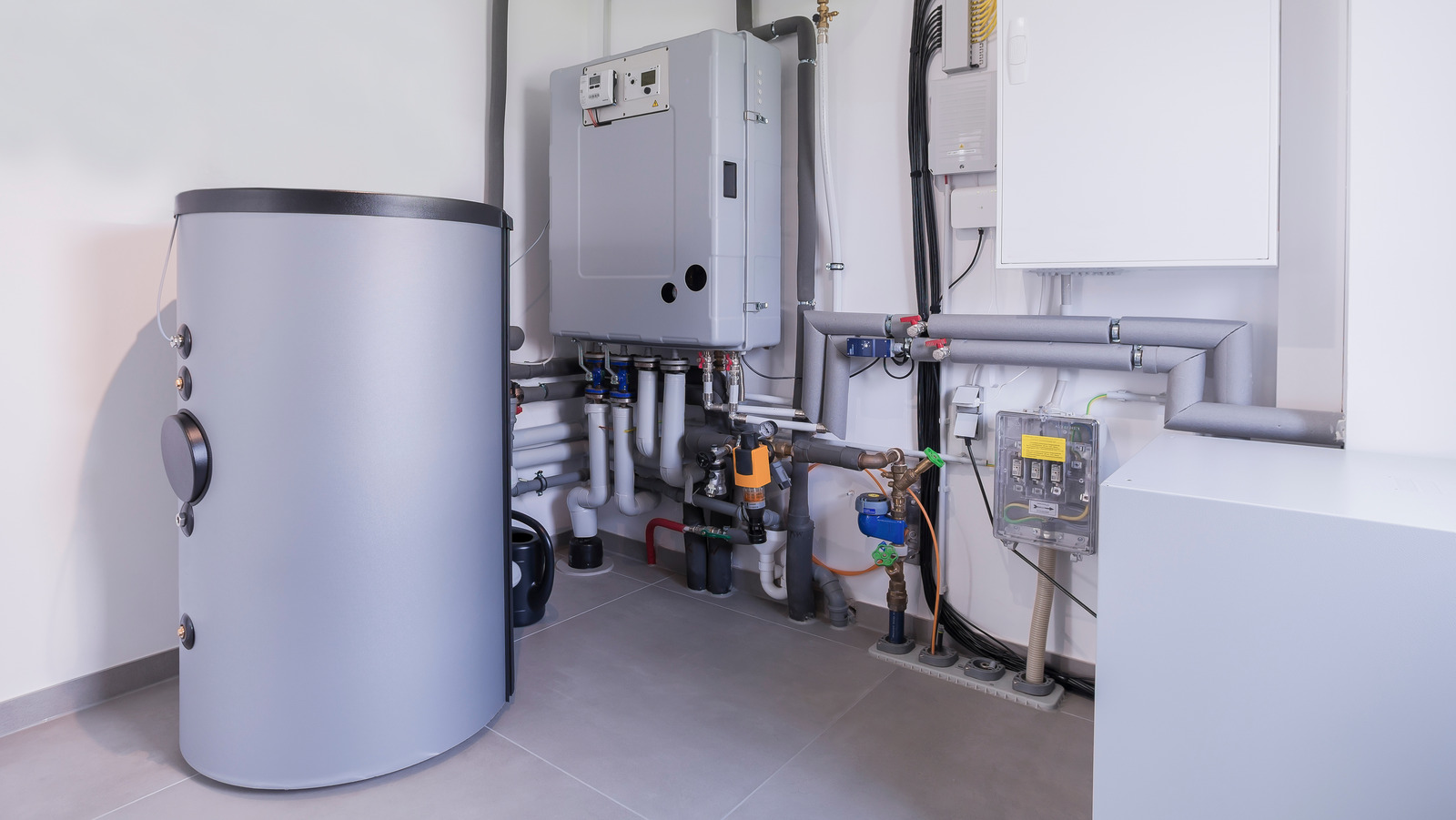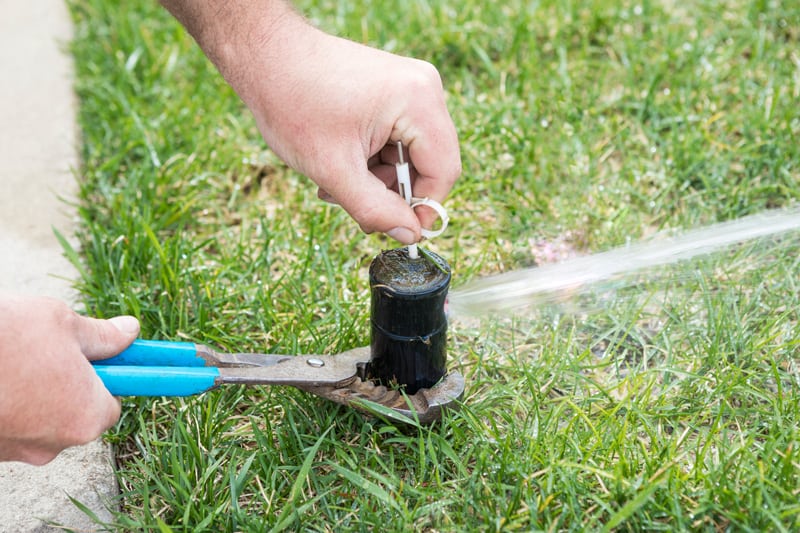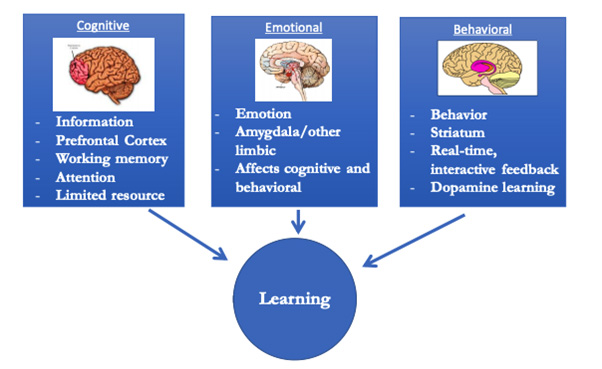
Introduction:
Household hazardous waste poses a significant environmental threat if not disposed of properly. In this guide, we’ll explore the importance of responsible disposal methods for household hazardous waste and provide practical tips on how to ensure the safe and eco-friendly management of these materials.
Identifying Household Hazardous Waste:
Before delving into disposal methods, it’s crucial to understand what constitutes household hazardous waste. Common examples include certain cleaning products, pesticides, paint and solvents, batteries, and electronic devices. These materials often contain harmful substances that can have adverse effects on the environment and human health if not handled correctly.
Check Local Regulations and Collection Programs:
One of the first steps in responsible disposal is to check local regulations and collection programs. Many municipalities have specific guidelines and programs for the disposal of hazardous waste. Contact your local waste management or environmental agency to understand the rules and available collection events in your area.
Separate and Label Hazardous Materials:
Once you’ve identified household hazardous waste items, separate them from regular waste and clearly label them. This step is essential for both your safety and the safety of waste management personnel. Keep hazardous materials in their original containers whenever possible, and avoid mixing different types of hazardous substances.
Use Household Hazardous Waste Collection Events:
Many communities organize household hazardous waste collection events periodically. These events provide a designated and safe place for residents to drop off their hazardous materials. Take advantage of these collection days to ensure proper disposal. Check with your local authorities for schedules and locations.
Consider Recycling Options:
Some household hazardous waste items, such as batteries and electronic devices, can be recycled. Research local recycling facilities that accept these materials. Many electronic retailers also offer take-back programs for old devices. By recycling, you contribute to reducing the environmental impact of these materials.
Safe Disposal of Paint and Chemicals:
Paints, solvents, and other chemicals require special attention in disposal. If in good condition, consider donating usable paint to community projects. For unused or expired paints and chemicals, check for local hazardous waste disposal facilities or collection events. Some locations also offer paint exchange programs.
Proper Disposal of Pharmaceuticals:
Pharmaceuticals should not be flushed down the toilet or thrown in the trash. Many pharmacies and healthcare facilities have medication take-back programs. If unavailable, check with local law enforcement or environmental agencies for guidance on safe pharmaceutical disposal. Some communities have drop-off boxes for unused medications.
Safely Dispose of Batteries:
Batteries, especially rechargeable ones, contain hazardous materials. Many retailers and electronic stores provide collection bins for used batteries. Look for these bins when shopping or inquire with local recycling facilities that accept batteries. Avoid disposing of batteries in regular household trash.
Dispose of Electronic Waste Responsibly:
Electronic waste, or e-waste, requires special handling. Many communities have designated e-waste recycling centers or organize e-waste collection events. Ensure that your old electronic devices are recycled properly to recover valuable materials and prevent environmental contamination.
Educate and Encourage Responsible Disposal:
Promoting responsible disposal practices within your community is essential. Share information about local collection events, recycling options, and proper disposal methods with neighbors and friends. Encourage others to adopt eco-friendly waste management habits to collectively reduce the environmental impact of hazardous materials.
Conclusion:
Responsible disposal of household hazardous waste is a shared responsibility that directly impacts the health of our environment. By following these guidelines and taking advantage of local programs, you contribute to the overall well-being of your community. For more detailed information and additional tips on responsible waste disposal, visit mimimises.org.


















